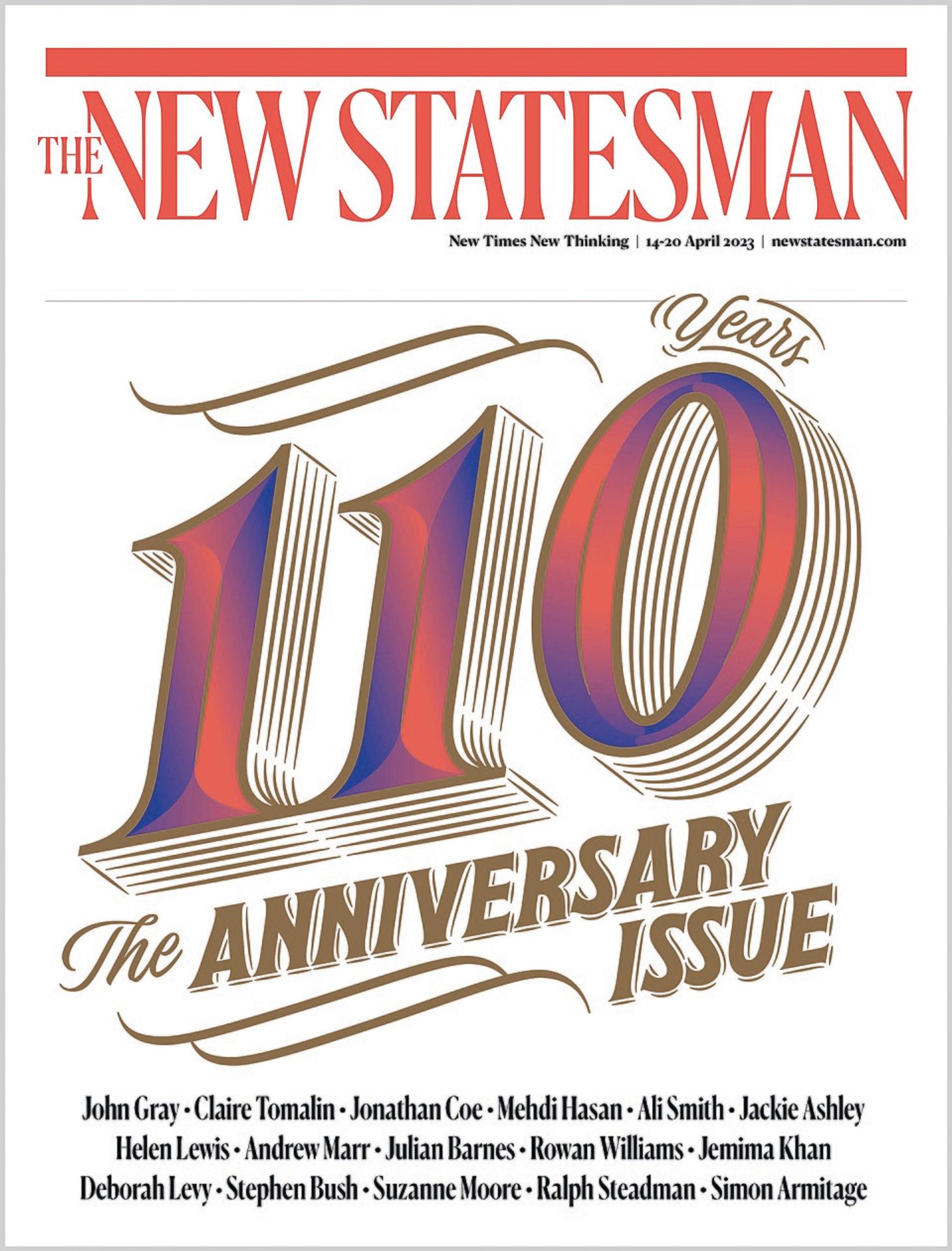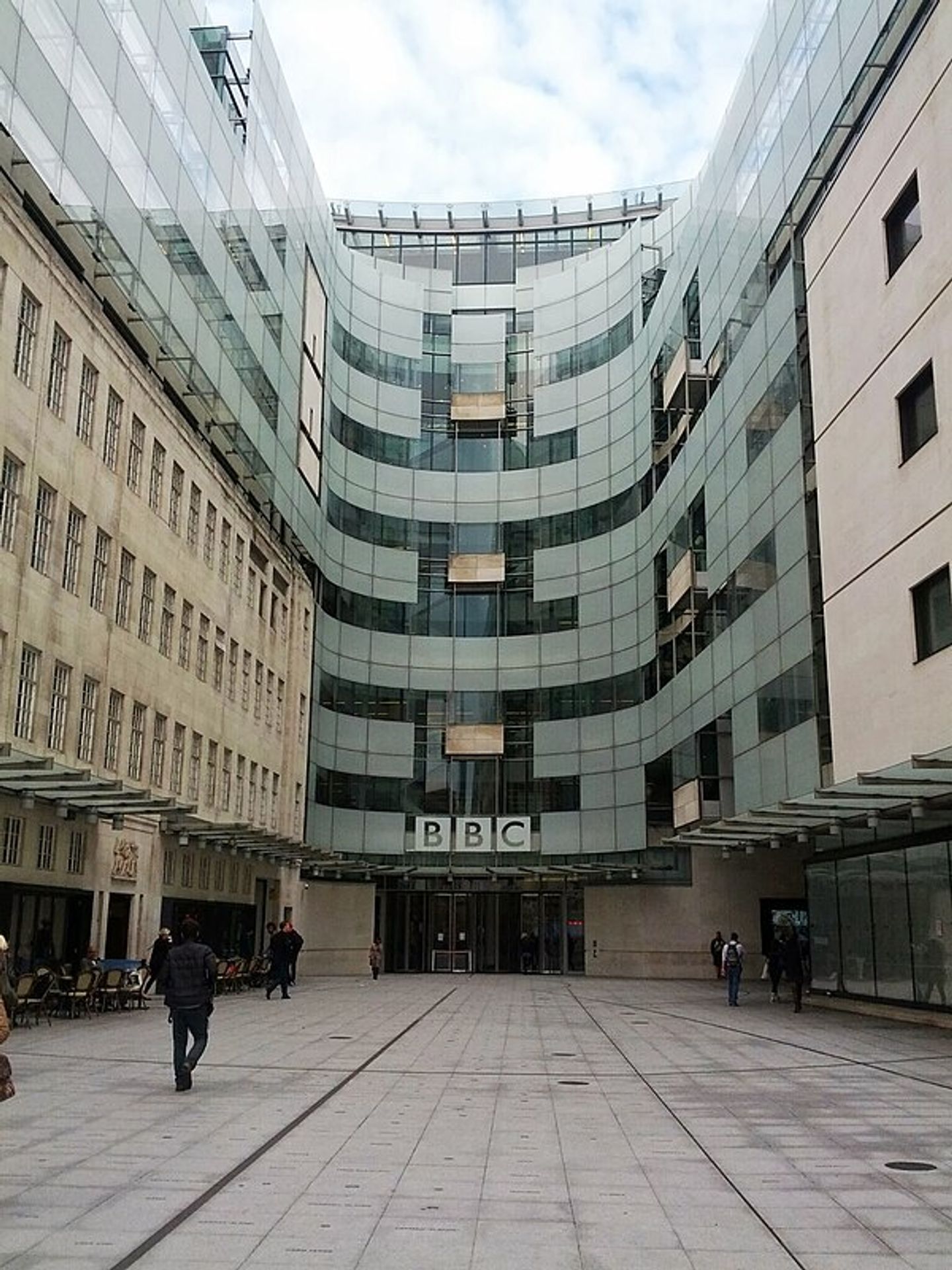
New Statesman
What do people say about New Statesman?
The New Statesman, while founded as a respected political and cultural news magazine, currently faces significant challenges regarding its public perception. Critics often label it as elitist, suggesting that its content primarily caters to a niche audience, alienating broader demographics. Additionally, accusations of bias in its reporting contribute to a growing skepticism about its objectivity. Despite its long-standing history and contributions to political discourse, the magazine's relevance is increasingly questioned in a rapidly evolving media landscape.
Where are the conversations happening?
Analysis of various media sources indicates a trend towards criticism of the New Statesman for its perceived elitism and lack of objectivity. Publications like The Guardian and The Telegraph offer contrasting views, with some praising its investigative journalism while others emphasize its bias. The discourse around the magazine often revolves around its audience's demographics, suggesting that it has become increasingly out of touch with mainstream political discourse in the UK.
What are the topics trending around New Statesman?
Current discussions around media bias, political elitism, and the role of traditional journalism in a digital age are gaining traction, particularly in relation to the New Statesman.
Why are these topics trending?
These topics are trending as public discourse increasingly questions the integrity and accessibility of established media outlets, with a focus on how they engage with the general populace.
How is New Statesman being talked about?
Detailed breakdown of public sentiment and conversations about this entity.
Impact vs Sentiment
See how each entity's high impact percentage relates to their positive sentiment percentage from actual mentions.




